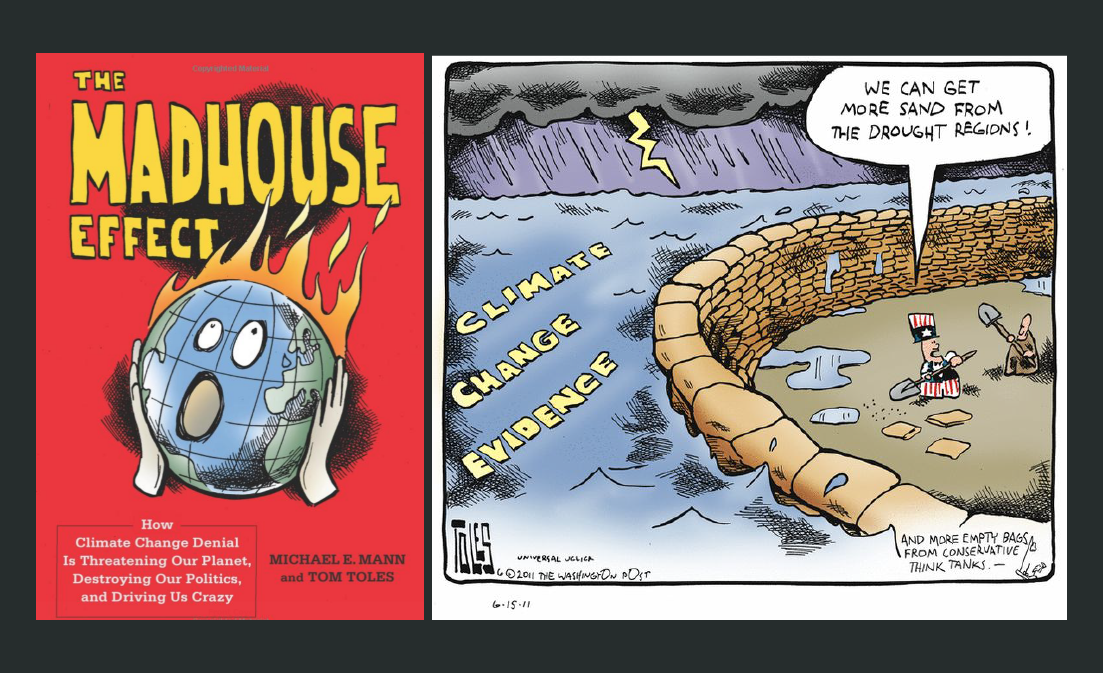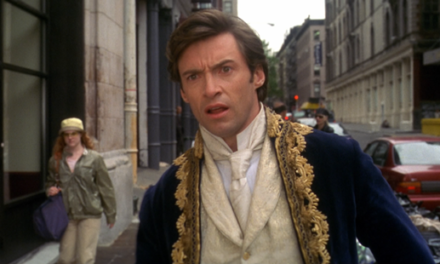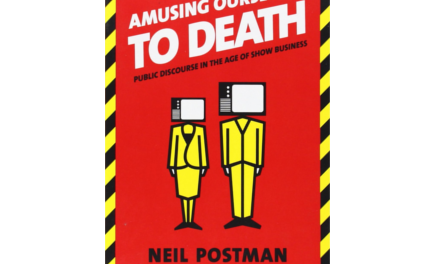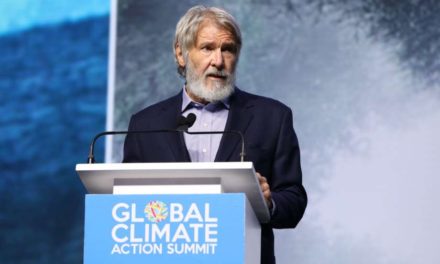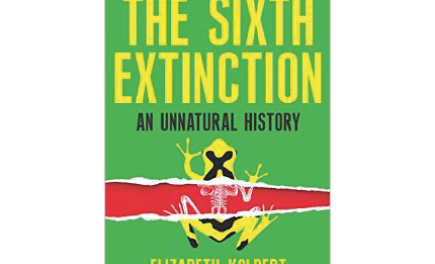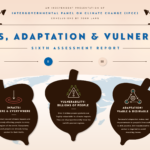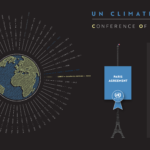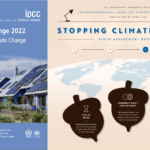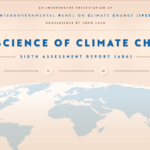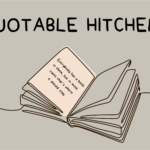The Madhouse Effect
Another “massive study” demonstrated it again last week. There are no technological or technical roadblocks on our way to a 100% renewable future. There are only human ones.
When I opened award-winning climate scientist Michael E. Mann and the Pulitzer Prize-winning political cartoonist Tom Toles’ book The Madhouse Effect, I wasn’t necessarily in it to learn (although of course I did). It was opened, instead, to act as a reminder of one of the gravest injustices of the 21st Century thus far. A big claim for sure, and one that’ll be difficult to prove even given the passage of time: “while climate change may kill millions, it will be on the death certificate of no one”.
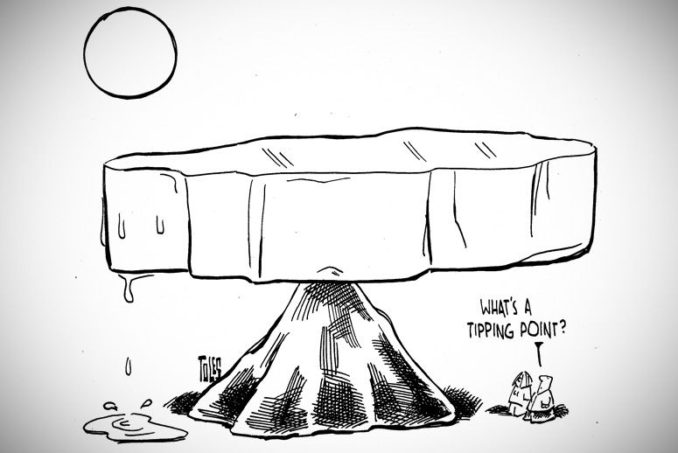
Author André Gide once wrote “everything that needs to be said has already been said. But since no one was listening, everything must be said again”. Saying it again — but visually and with humour — Mann and Toles combine expertly to reveal how our climate predicament was, and is, under perennial assault. In their own words:
“There’s a house fire… the alarm has sounded several times… but public policy has been paralyzed… sometimes from ignorance, sometimes from uncertainty… but often from a campaign of deliberate misinformation.”
Curiously enough, this book was published before Trump and the ignorance-fighting Trump forest even became a thing.
Chapter One kicks off by reminding everyone that science isn’t just a body of facts; rather, it’s a method to draw out the truth from the biased investigations of thousands of flawed individuals. Practiced right, science protects us from ideology. It helps us to distinguish fact from fiction and navigate the territory in between. It also reveals what demands our almost-eight-billion-human civilisation’s global policy attention.
But the institution of science has been hijacked
The authors clear the way quickly and expertly. The climate change basics are laid bare before we get a terse rundown of why this issue matters so profoundly. Then Mann and Toles get to work. Drawing upon their now decades of experience at the frontlines of the “war on science”, they get explaining (Mann) and cartooning (Toles). This war — waged in the name of freedom and liberty by those on the US political-right — is implemented mostly by stealth and weaponized by think tanks who deem climate change solutions existential threats. And not surprisingly, it has a new lease of life in the US.
A recent survey found that only 4 out of 69,406 authors of peer-reviewed scientific articles didn’t agree with human-induced climate change. That of course still hasn’t put a dent in the fierce campaigns of those aligned to fossil-fuel interests, such as the Heartland and Competitive Enterprise Institutes. Their product is doubt. It sounds benign, but it’s anything but. After gently sowing doubt’s seeds — especially into busy human minds who don’t have the time or inclination to understand this issue in all its complexity — they sit back and let their fabrications reverberate as far as they will fester. When Winston Churchill said “a lie gets halfway around the world before the truth has had a chance to get its pants on”, he may’ve never been more right. A 2018 Gallup poll just confirmed that only 64% of everyday Americans think that global warming is caused by human activities.
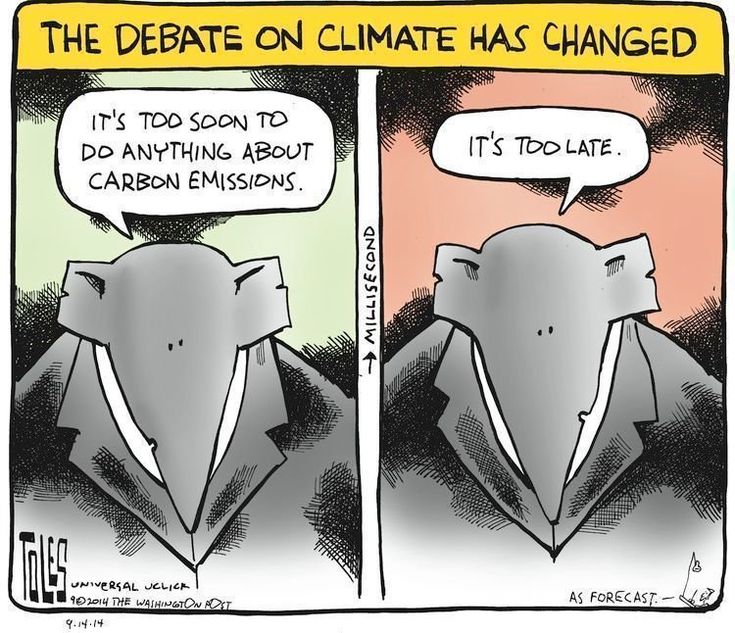
Turns out the “Tobacco Strategy” has been deployed repeatedly over the decades too. It will be repeated for many decades to come. It’s too easy. As Merchants of Doubt and countless other books have revealed, when a large industry is threatened by an inconvenient truth, it reacts. Predictably. Be it for tobacco (deleterious health effects), industrial chemicals (acid rain and ozone depletion), or fossil fuels (climate change), manufacturing doubt about an issue goes an incredibly long way to delaying policy action on that issue. It gets worse.
The Five Stages
We also encounter what we all already know: that climate denial is an amorphous beast, and one wielding plenty of money and influence.
For those who’ve boxed jelly before, you’ll know it’s impossible to gauge how you’re faring when those who dismiss facts churn through arguments as regularly as Churchill turned out quotes. The authors dedicate an entire chapter to outlining their “five stages” of climate denial. They even went a bit light on them. We won’t.
We’ve dressed it up below, mainly because we know it’ll come in handy again.
Admittedly, simplifying denial is only a half-baked answer to a very complex phenomenon.
Many in the climate communication space would even consider it reckless — it can cause doubling down from those it’s trying to expose. It can also do the unhelpful opposite of what climate change communication is all about, which is to inform and empower. But sometimes, the risks of mockery are worth the fear of reprisal.
Spare me the details
I, for one, would’ve enjoyed going into more depth about some of the more outlandish excesses that are revealed — such as the denialist empire of the Koch brothers, the double-digit think tanks that sprout from their deep pockets, and the “Art of Ad Hominem” on practicing scientists (to name but a few) — but let’s not overstep the mark. This is only a review after all, but details do matter, so if you’re interested in this subject matter, you know what to do.
If there are any complaints, Mann and Toles do gloss over the psychological elements of denial. The politicisation of science is there for all to see, as is “ideology and money”. But with no explicit mention of confirmation bias, politically motivated reasoning, or how group identity shapes people’s position on climate change (a uniquely-inspired US phenomenon called cultural cognition), important downstream aspects of denial are missed. Exposing the upstream causes are prioritised instead: such as the “Deniers for Hire” (they’re all called Fred), those who make careers out of attacking scientists personally, and dark money rife in US politics (think Citizens United).
Considering these psychological omissions again, it could be that it’s justified — you can’t fit everything in 200 pages.
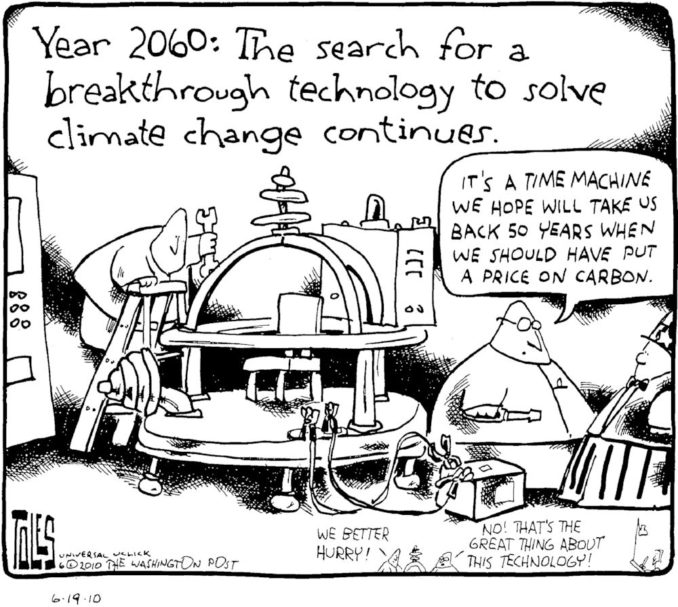
Like all good climate change communications should, Mann and Toles do attempt to leave us upbeat by pointing to the grassroots action and cooperation going on in many pockets around the world. But not before addressing the judgement of history.
“If it turns out, against all current evidence, climate change stops or reverses, the deniers can take their bows. [But] history should not be allowed to forget who they are and what they’ve done.”
Mark my words, history will provide perverse vindication to the Manns, Toles and Chomskys of this world. Most deniers will be dead. But their decades of disinformation, denial, and delay correctly banked on public apathy to ensure a policy of continued inaction. For example, the Paris Agreement, which is bold but lacks teeth, is an example of a policy that would’ve come far sooner had the US (and therefore the world) not been suffering under the madhouse effect.
As the prolific science educator, Neil deGrasse Tyson, once brilliantly quipped:
“A skeptic will question claims, then embrace the evidence. A denier will question claims, then reject the evidence.”
Those staunch deniers who still reject human-induced climate evidence are perhaps the greatest threat to future prosperity since Stalin or Hitler. Like the earlier “one of the gravest injustices of the 21st Century” claim, that might sound like utter rubbish to you. But think of the between 140 and 300 million people likely to be displaced by climate change by 2050. If this group was a country, it would be the fourth-largest in the world. Just how international security will fare with the fourth-largest country in the world wandering around looking for a new spot to live is anyone’s guess. And that’s only 2050. And that’s only one example.
The Republican War on Science (2009), Doubt Is Their Product (2008), Climate Cover-Up (2009) and Merchants of Doubt (2010) are just some of the bygone books to have tried to bring the war of stealth and doubt to the surface. But they only penetrated a small section of the unknowing public. The Madhouse Effect, with it’s clever cartoons and science for the living room, differentiates itself from the pack. It also exposes an ugly thing beautifully, and with humour.
In today’s Trumpian environment, that’s important.
___
Further reading and/or watching:
- The Republican War on Science (2009)
- Doubt Is Their Product (2008)
- Climate Cover-Up (2009)
- Merchants of Doubt (2011)
- Dealing in Doubt (Greenpeace, 2013)
- Merchants of Doubt Documentary (2014)
- Assessing ExxonMobil’s climate change communications [1977–2014] (Harvard, 2017)
- DeSmogBlog Climate Disinformation Database
